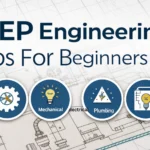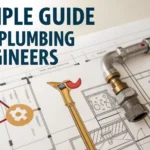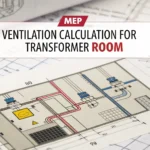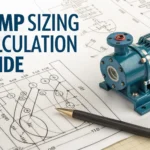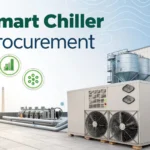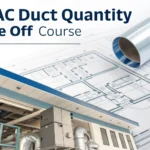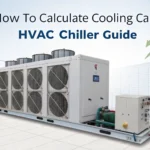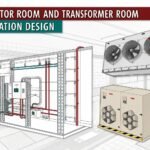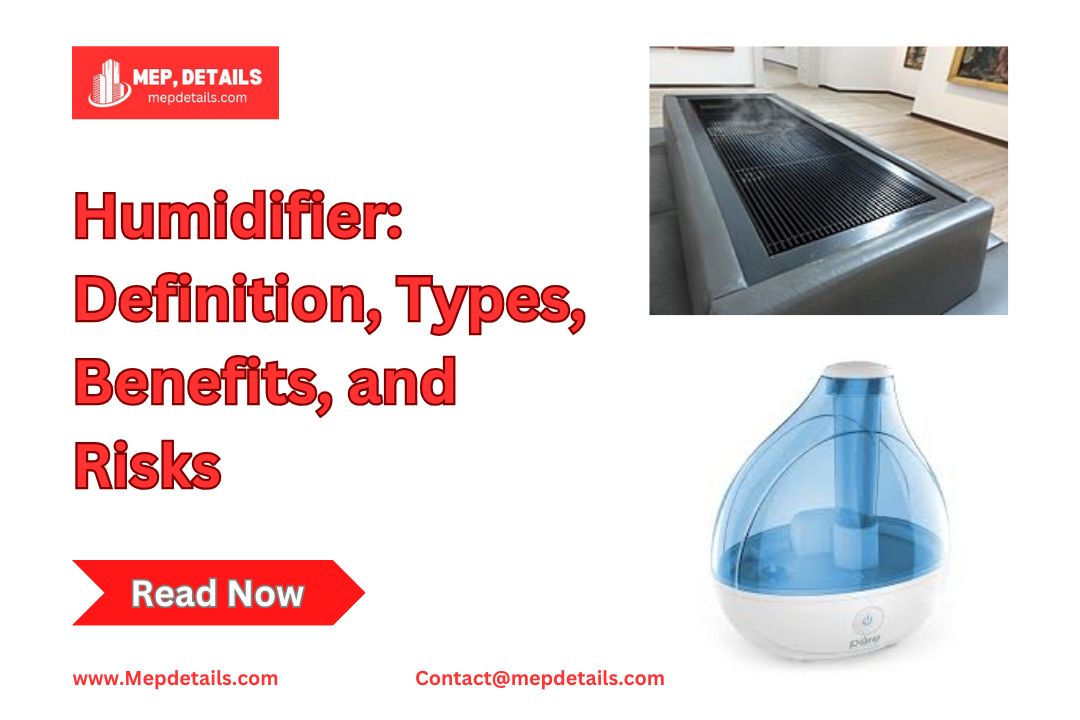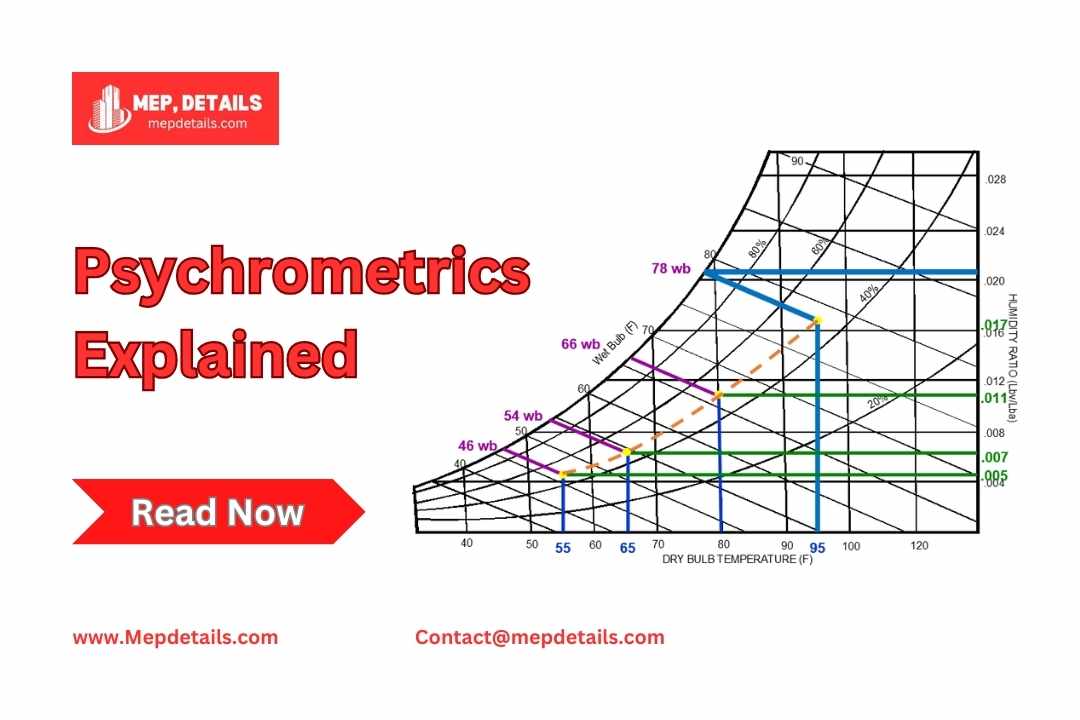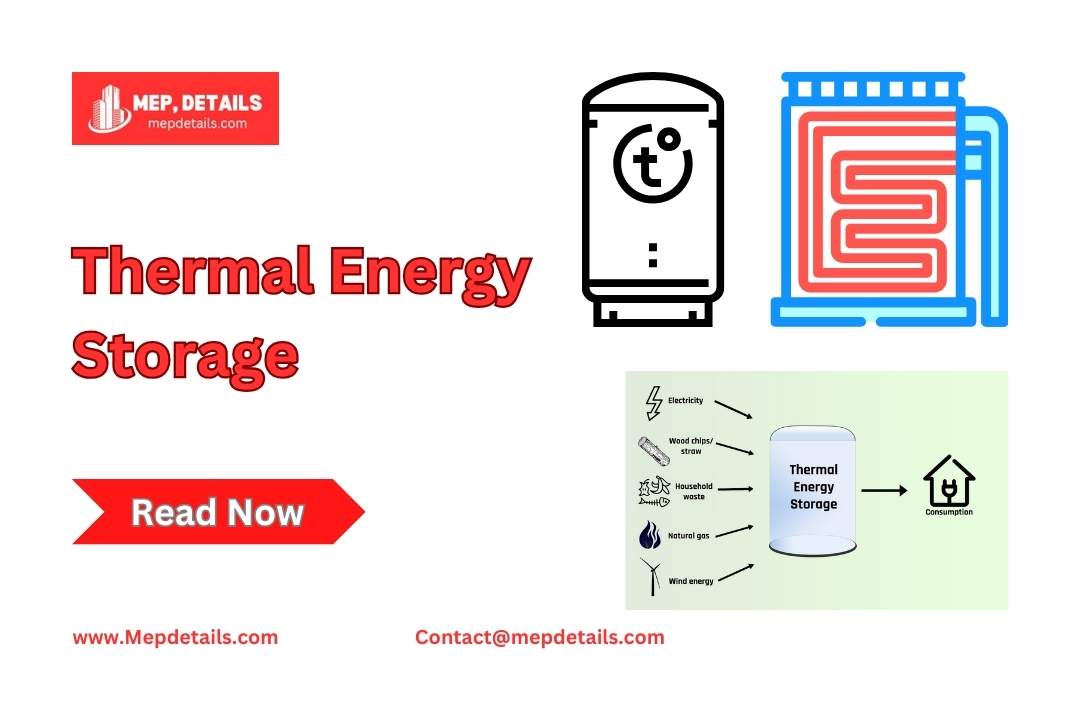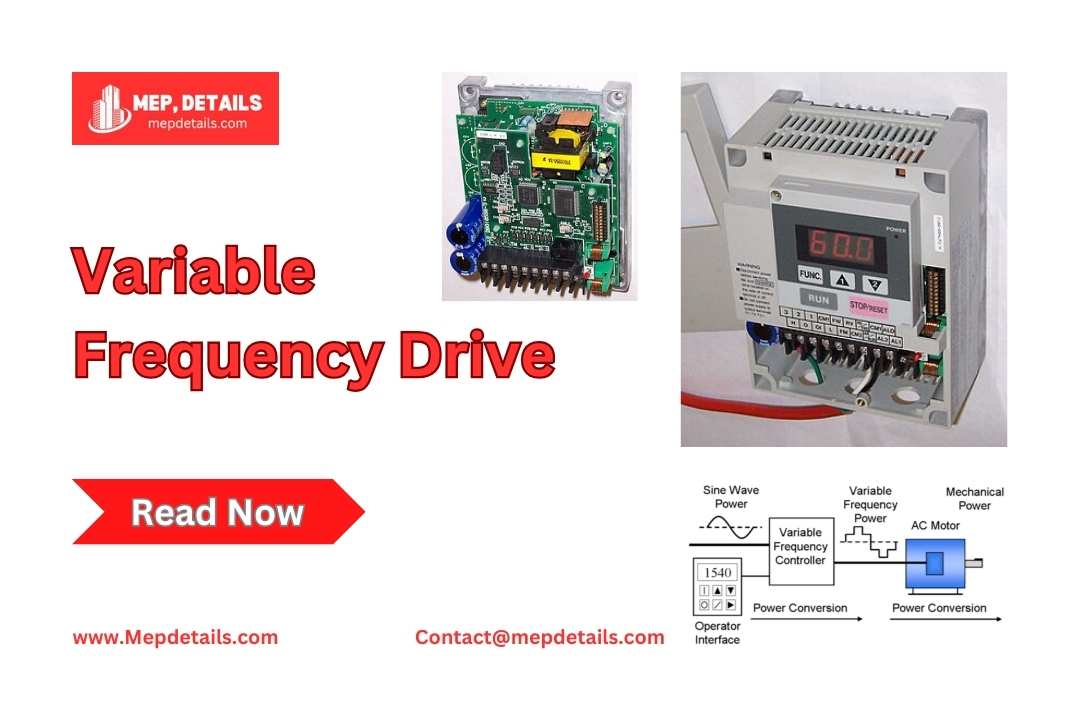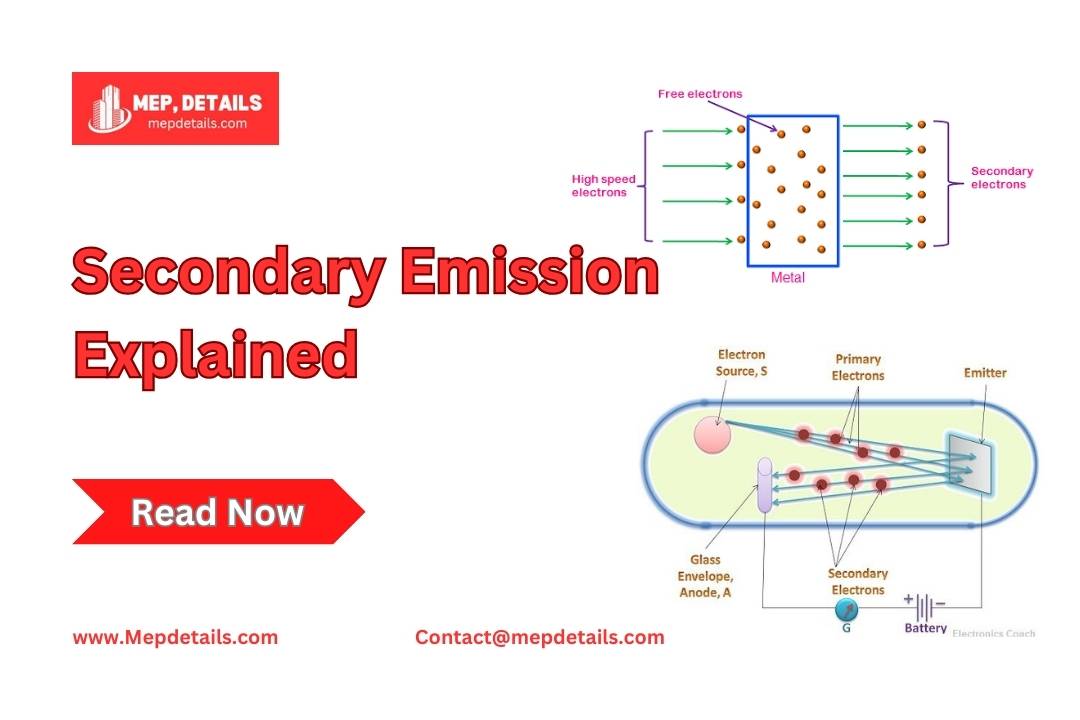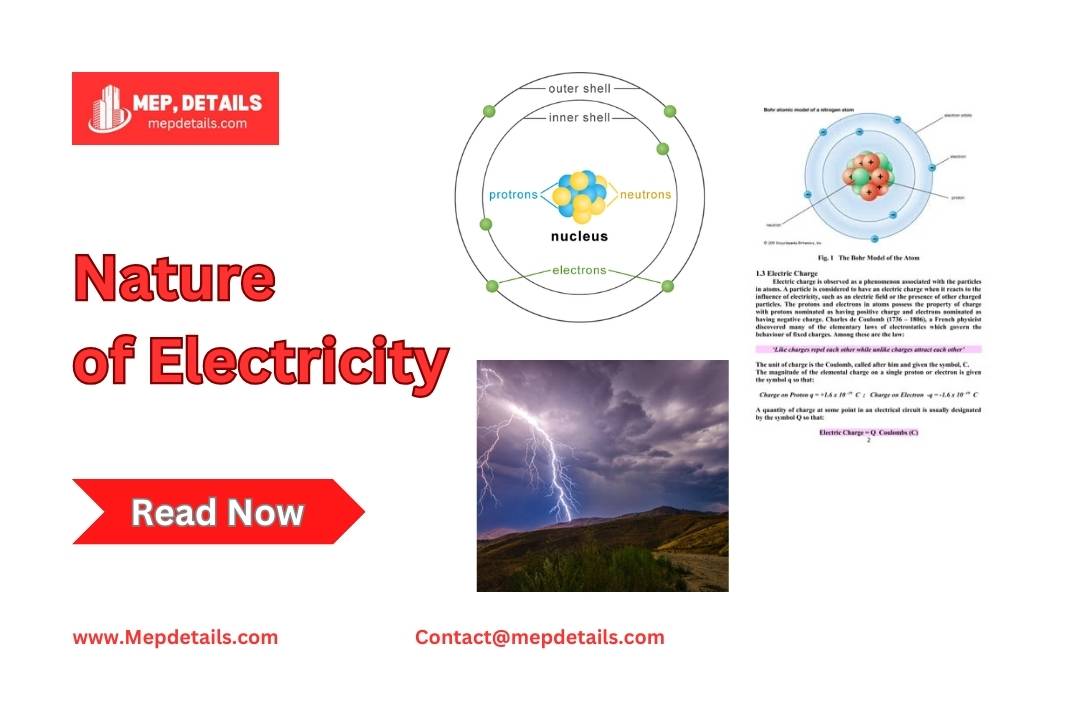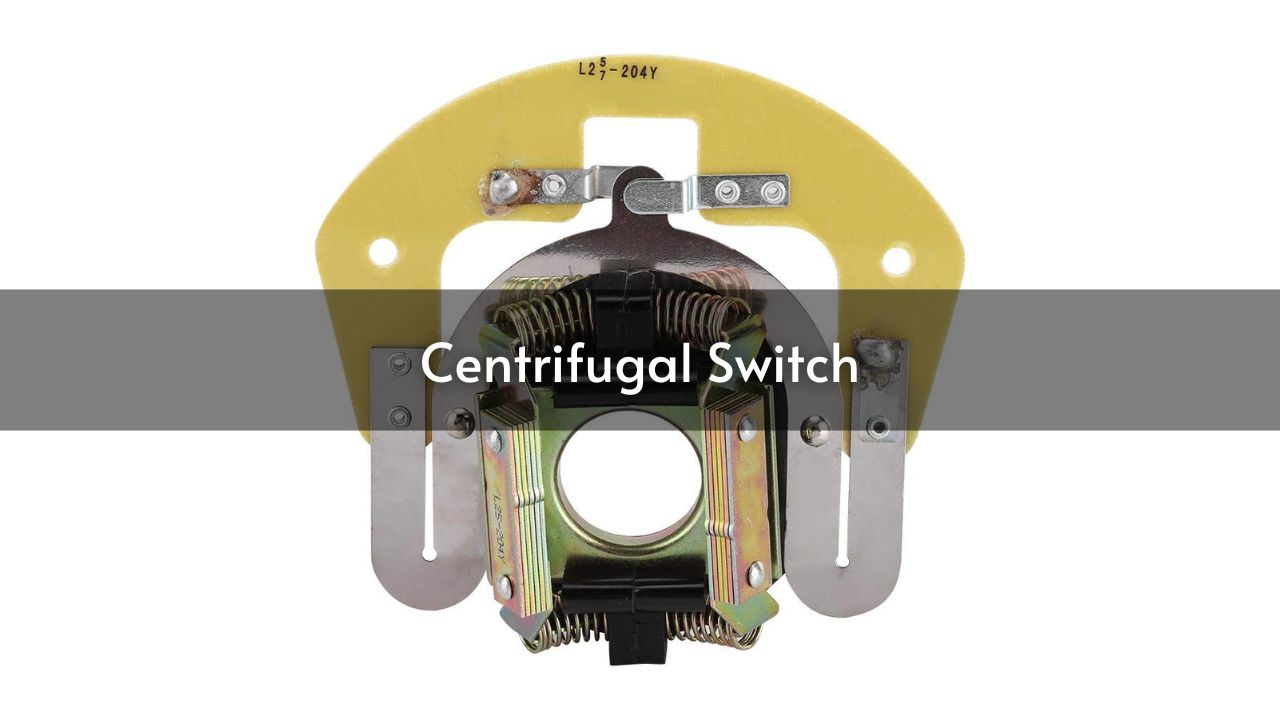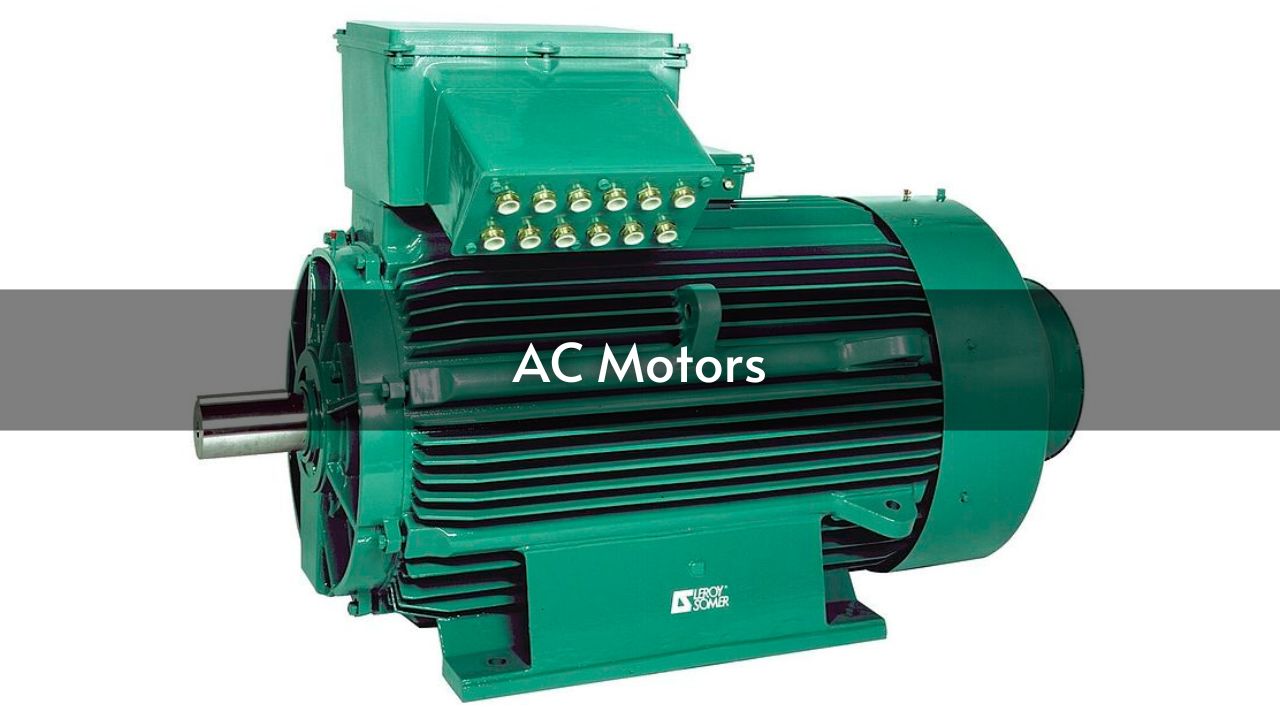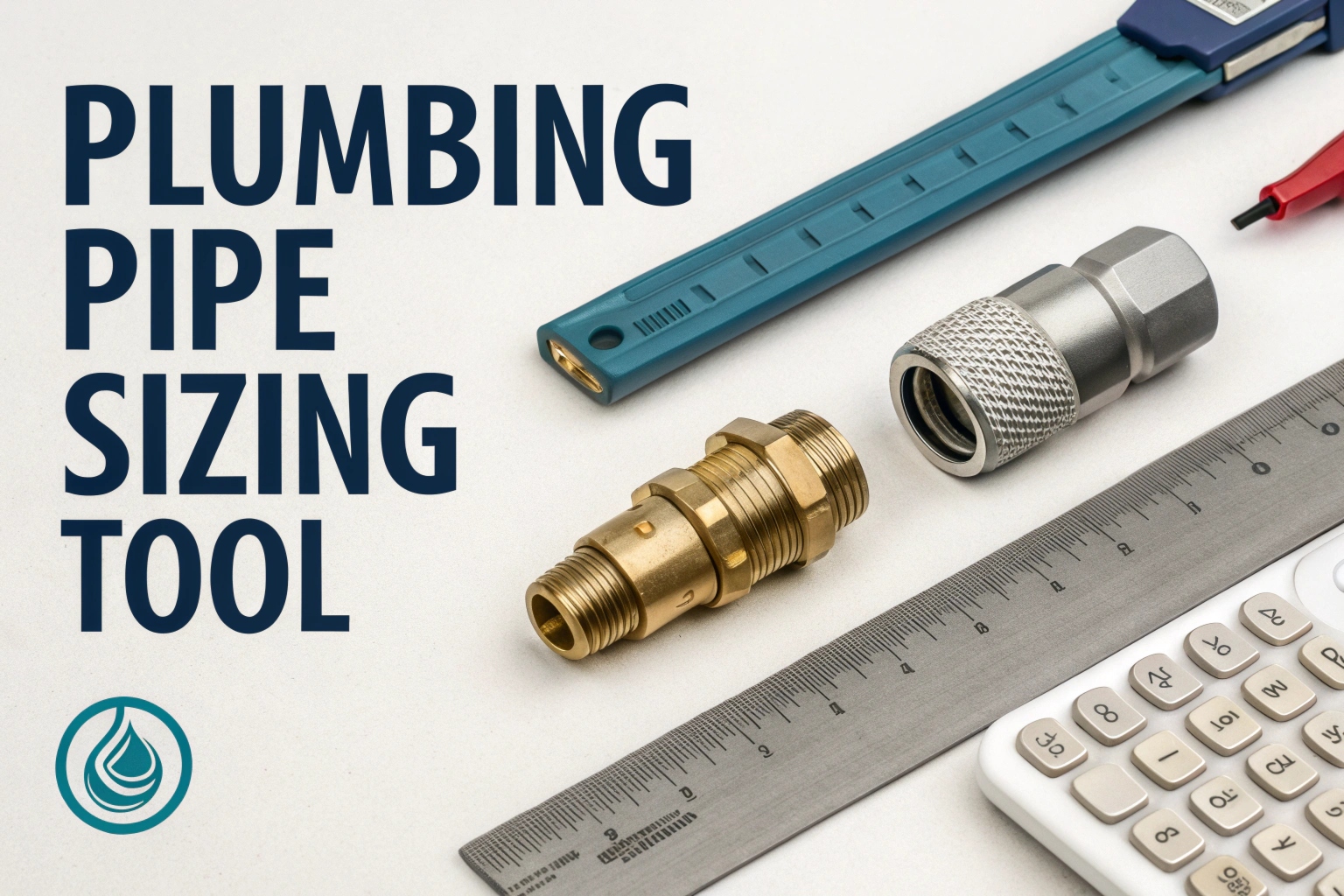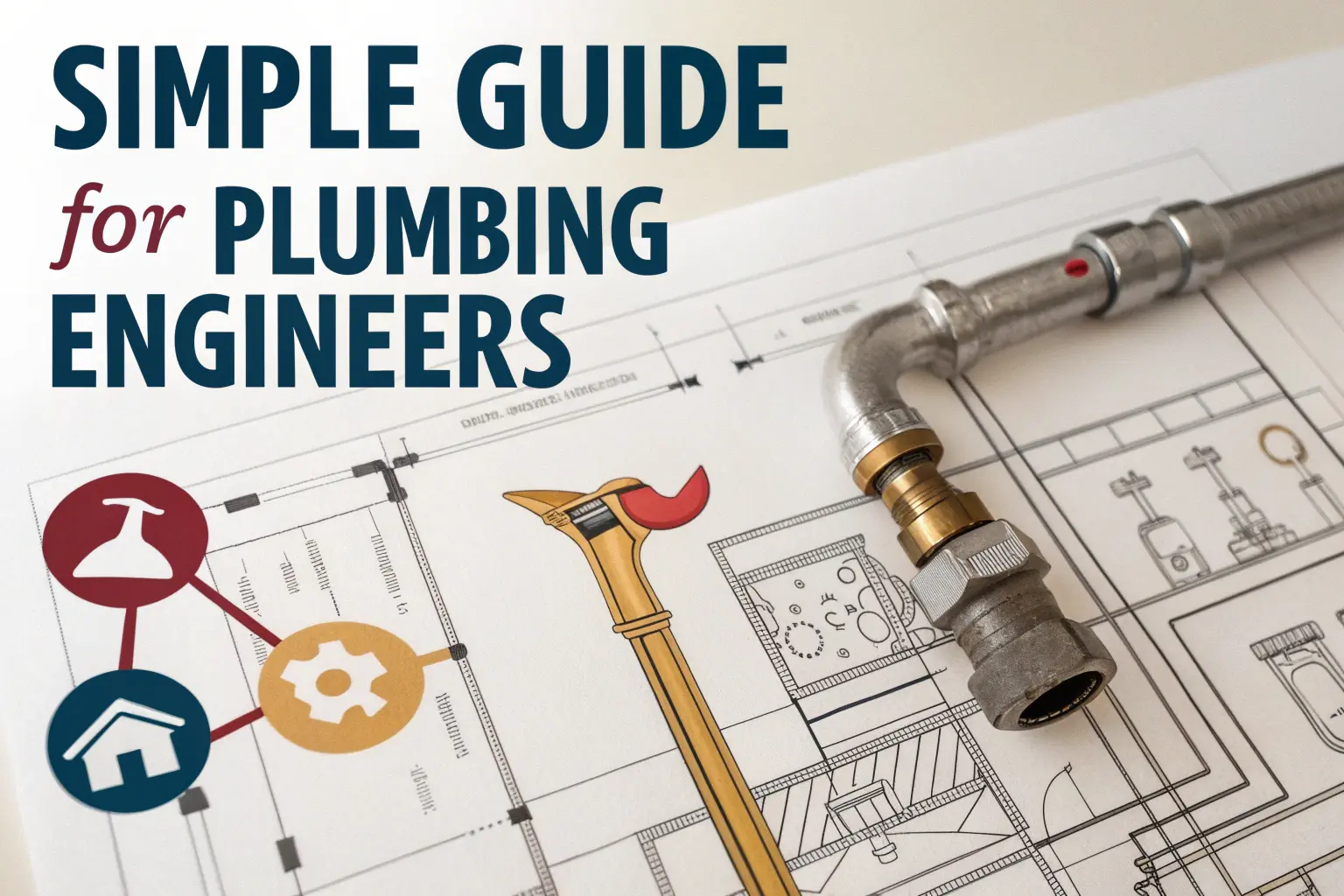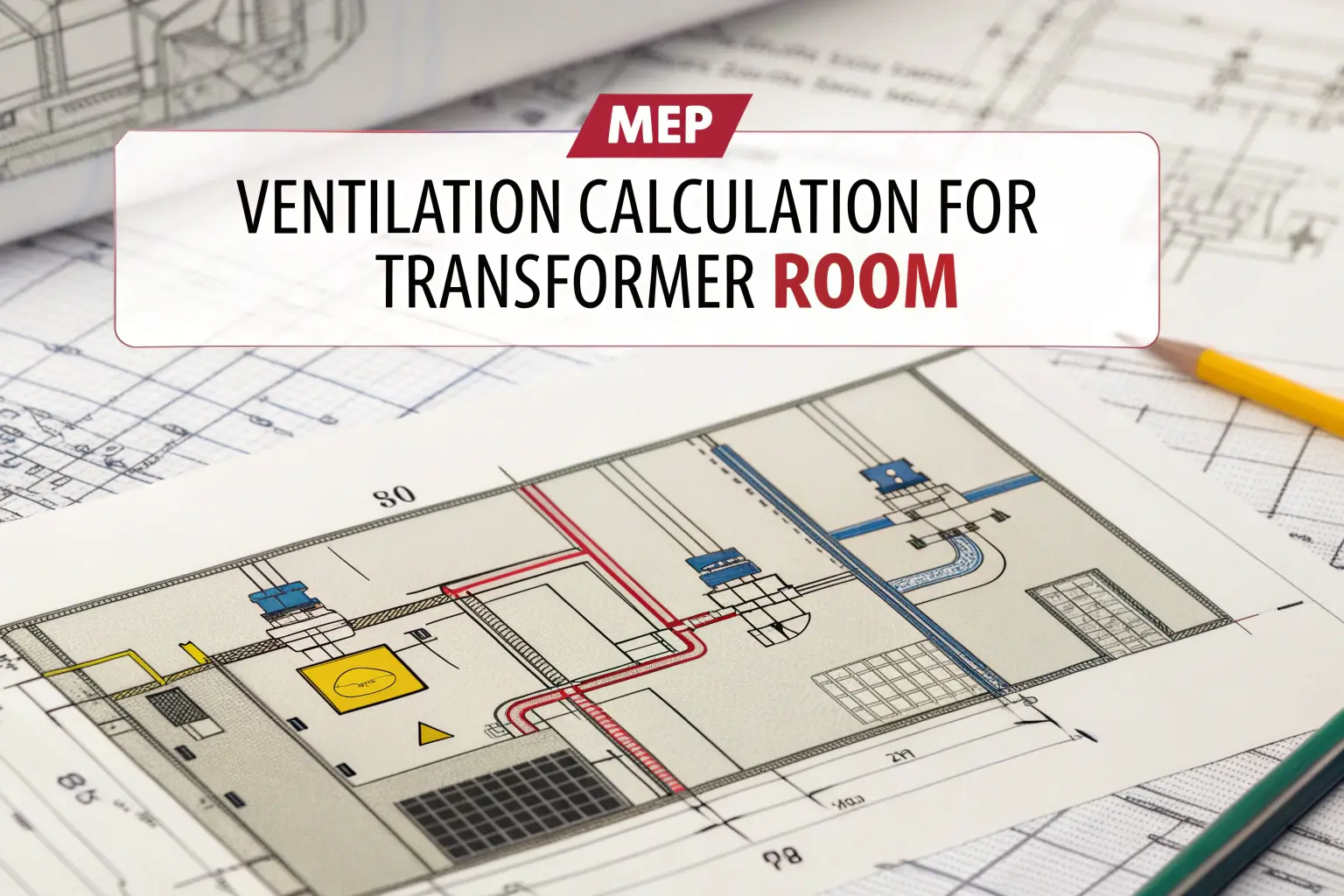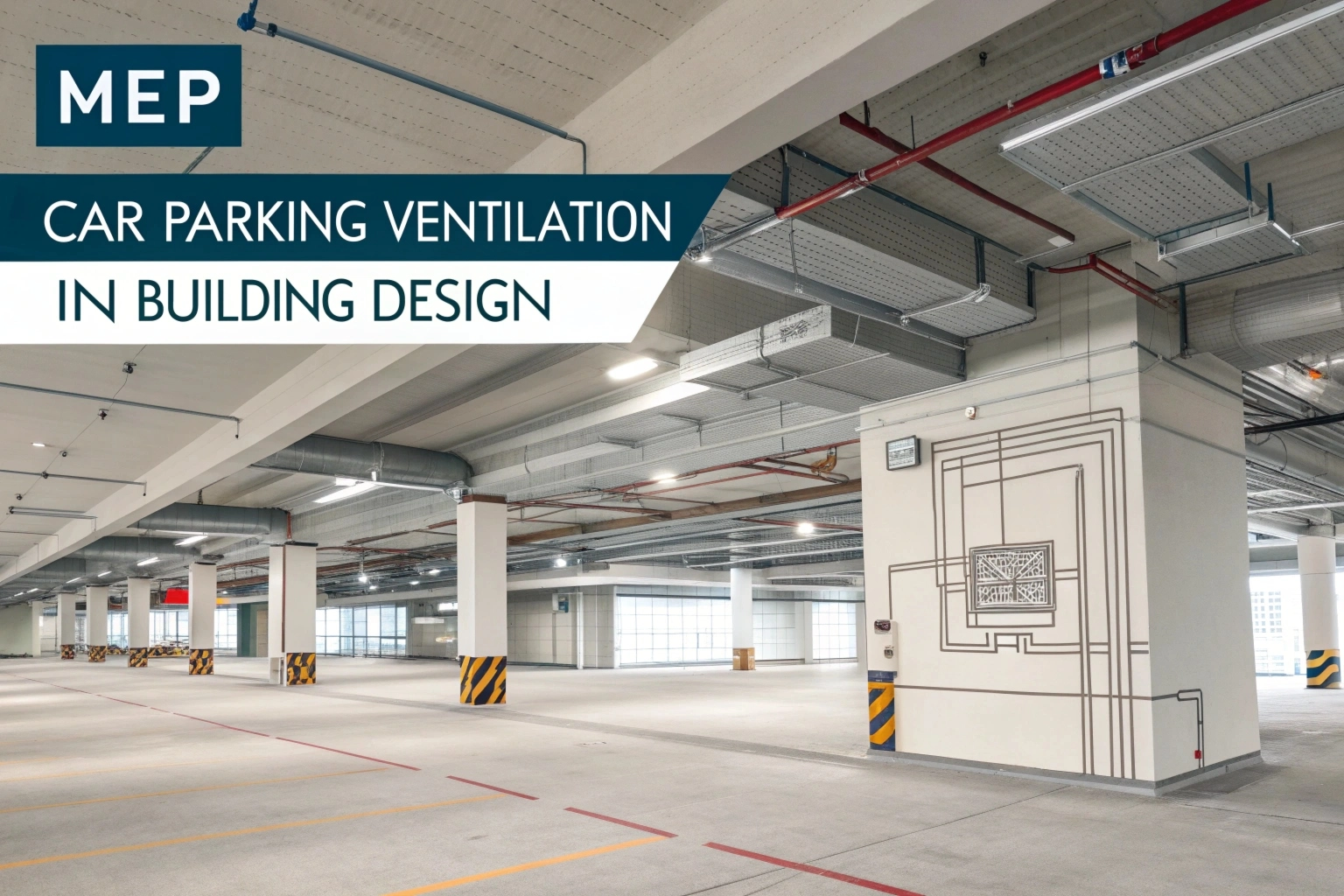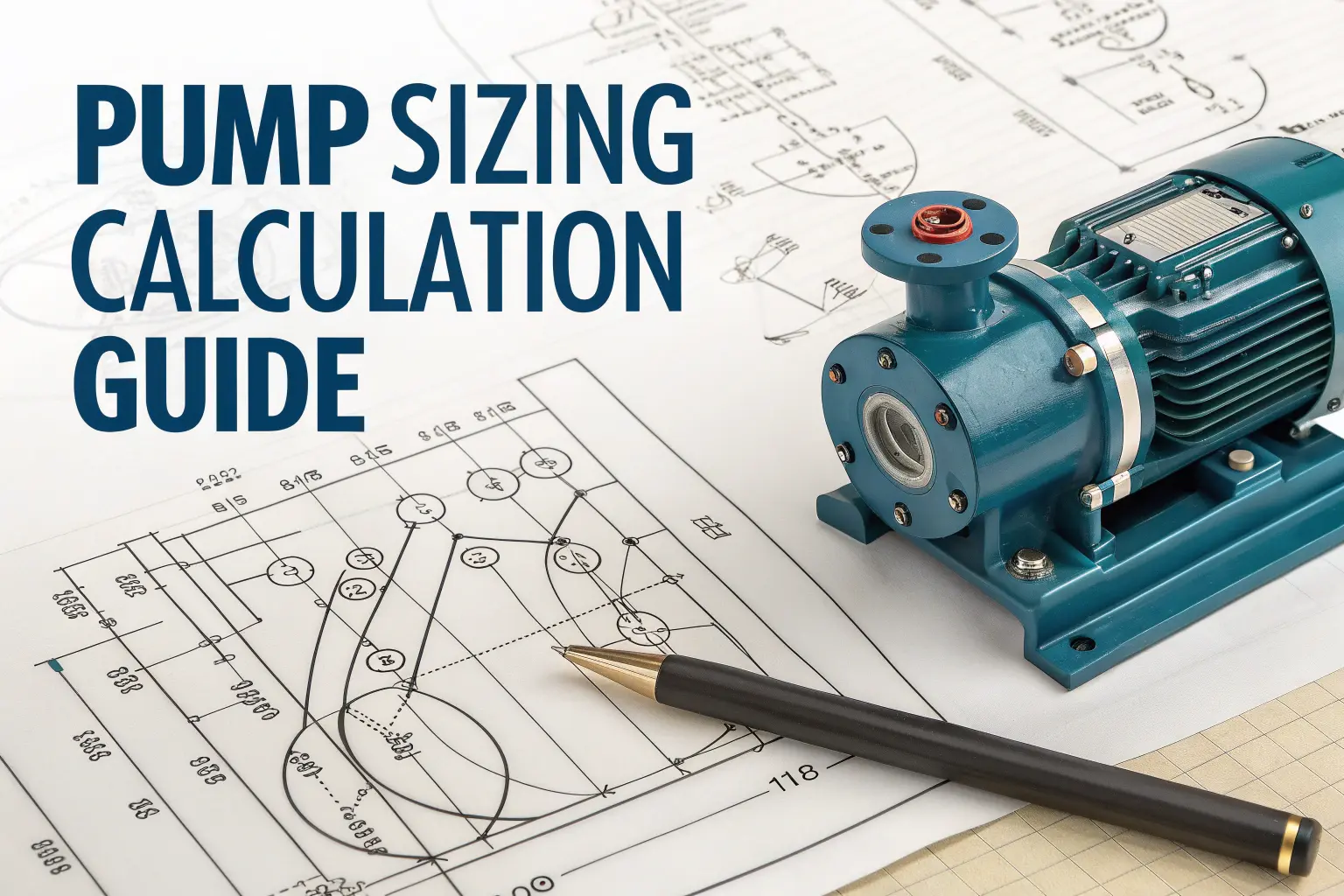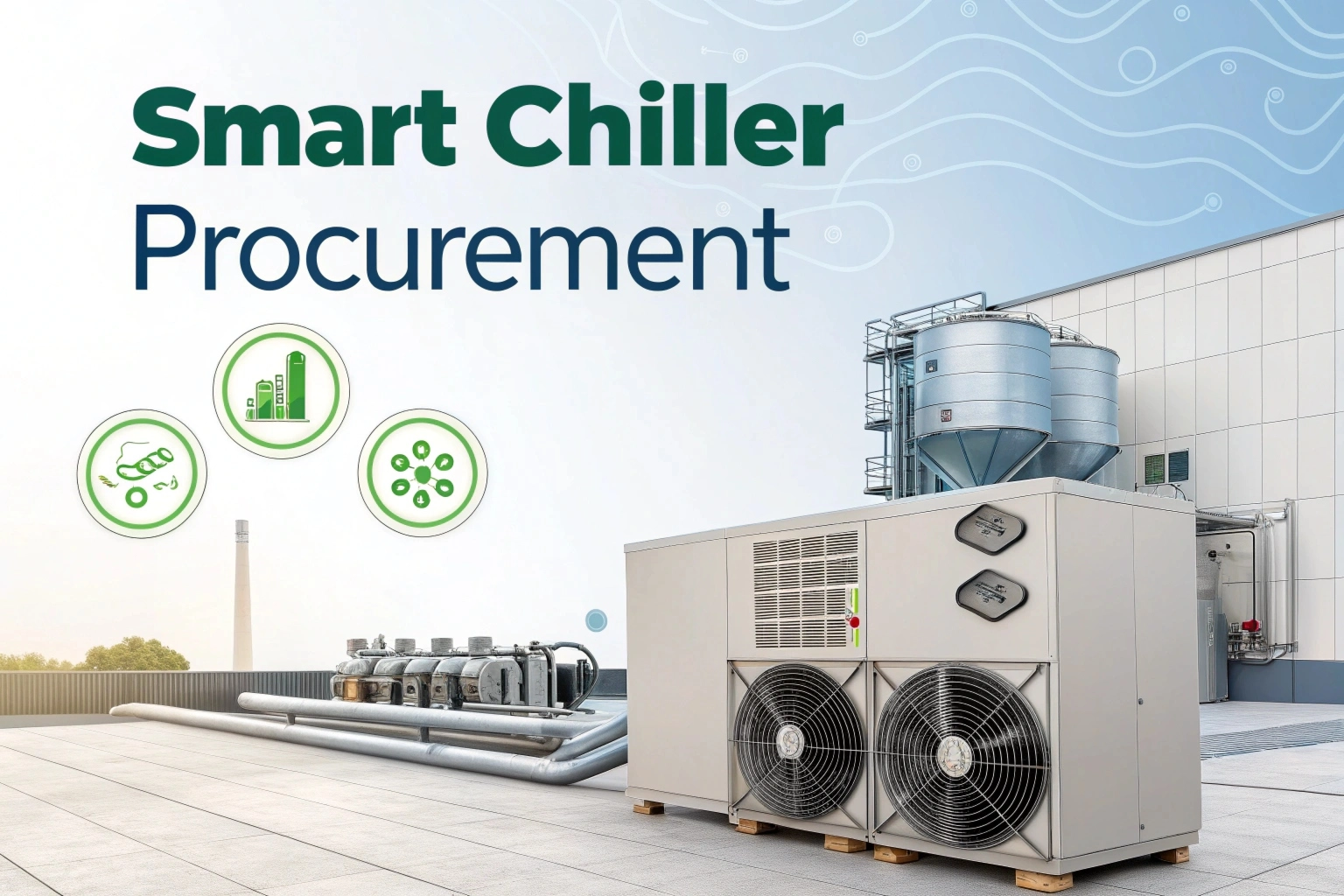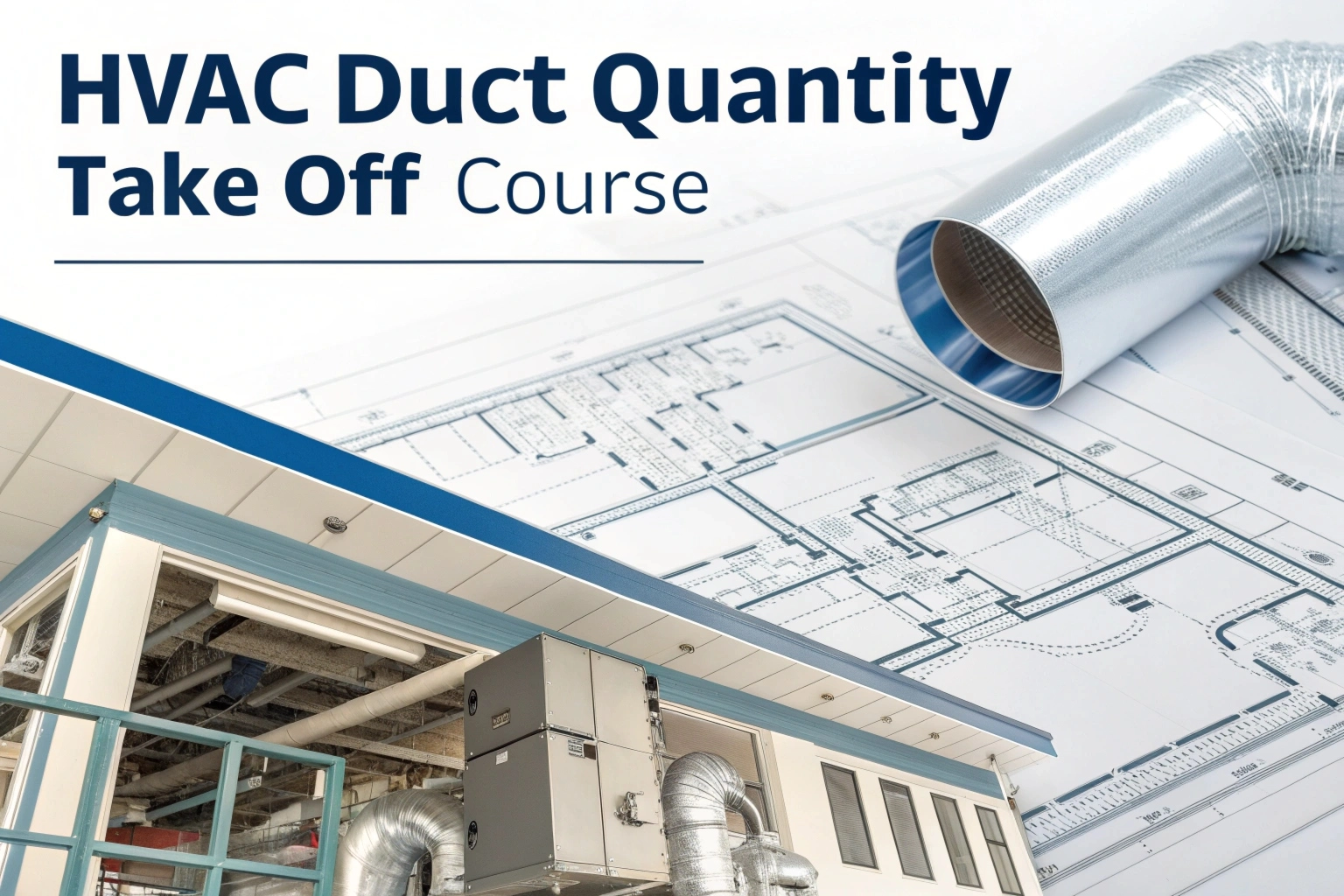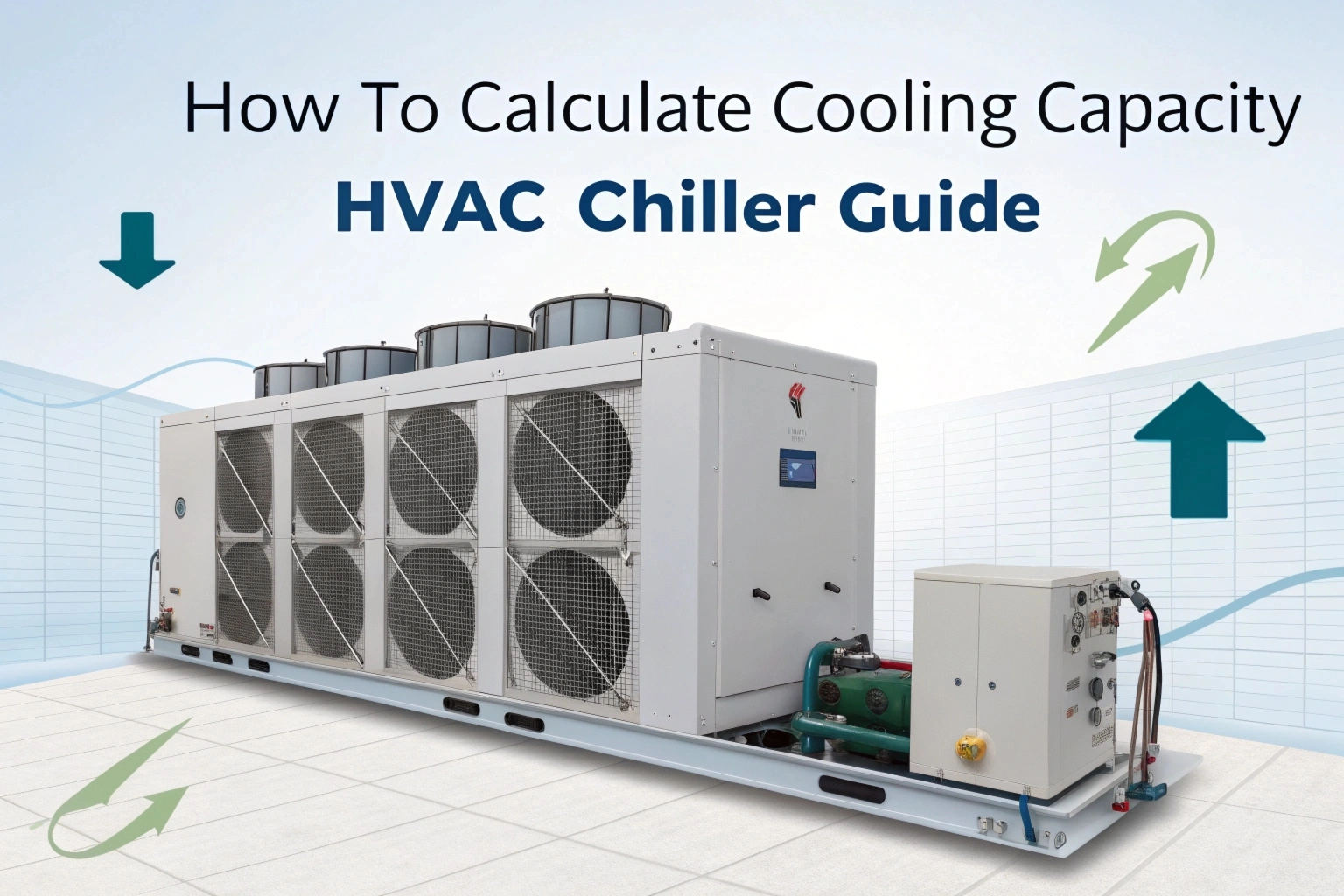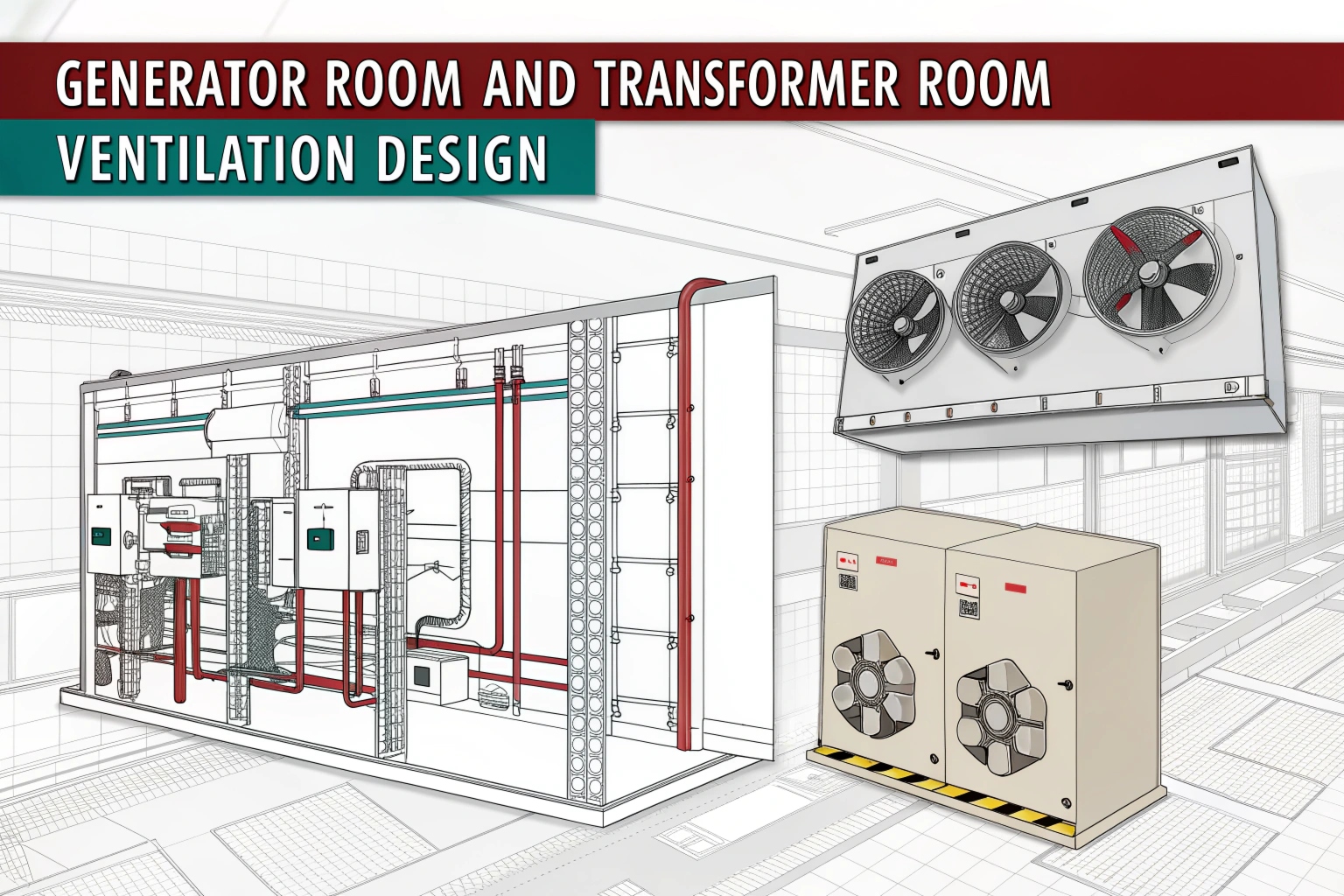MEP Details
Humidifier: Definition, Types, Benefits, and Risks
A humidifier is a device that adds moisture to the air in a room or enclosed space. It works by releasing water droplets or ...
Psychrometrics Explained
Setting up a room to reach the best air quality and humidity level depends on how it’s heated or cooled. Professionals who design and ...
Thermal Energy Storage: Types, Application, Benefits
Thermal energy storage (TES) lets you save heat for later use. It uses different methods to store extra thermal energy for hours, days, or ...
Variable Frequency Drive: Types, Benefits, Working Principle
A Variable Frequency Drive (VFD), also known as an adjustable-speed or AC drive, controls the speed and torque of an AC motor by changing ...
Secondary Emission Explained
In particle physics, secondary emission happens when particles with enough energy hit a surface or pass through a material, causing other particles to release. ...
Nature of Electricity
Electricity is a type of energy that comes from other sources like chemical energy, nuclear energy, heat, and solar power found in nature. It ...
Electric Motor: Types, Benefits, Maintenance
An electric motor is a device that changes electrical energy into mechanical energy using electromagnetic effects. It creates mechanical torque by having current-carrying conductors ...
Centrifugal Switch: How It Powers Your Electric Motors Efficiently
A centrifugal switch is a mechanical device commonly used in single-phase asynchronous motors. When the motor reaches 70-80% of its synchronous speed, the switch ...
AC Motors: Types, Applications, and Benefits
An AC motor is an electric machine that turns alternating current into mechanical movement. AC motors are used in many areas, from large industrial ...
Rainwater Harvesting System: Types, Steps, Advantages
Rainwater harvesting is a straightforward method used to collect and store rainwater. It involves gathering rainwater from places like rooftops, parks, roads, and open ...

